We got a new sewing project in mind, right? Want to start stitching but not sure how to get the patterns onto the fabric. Looking around, the patterns you find are all digital and need printing. Without a proper guide or a printer, it can feel like hitting a wall before even starting.
We got creative for those who love sewing but struggle to find patterns that fit their vision. Our designs are easy to print and come with instructions for various skill levels. These patterns aim to help you jump right into your next project without the fuss. Tailored to inspire, they cater to a wide range of clothing and accessory projects, making crafting more enjoyable and less of a chore.
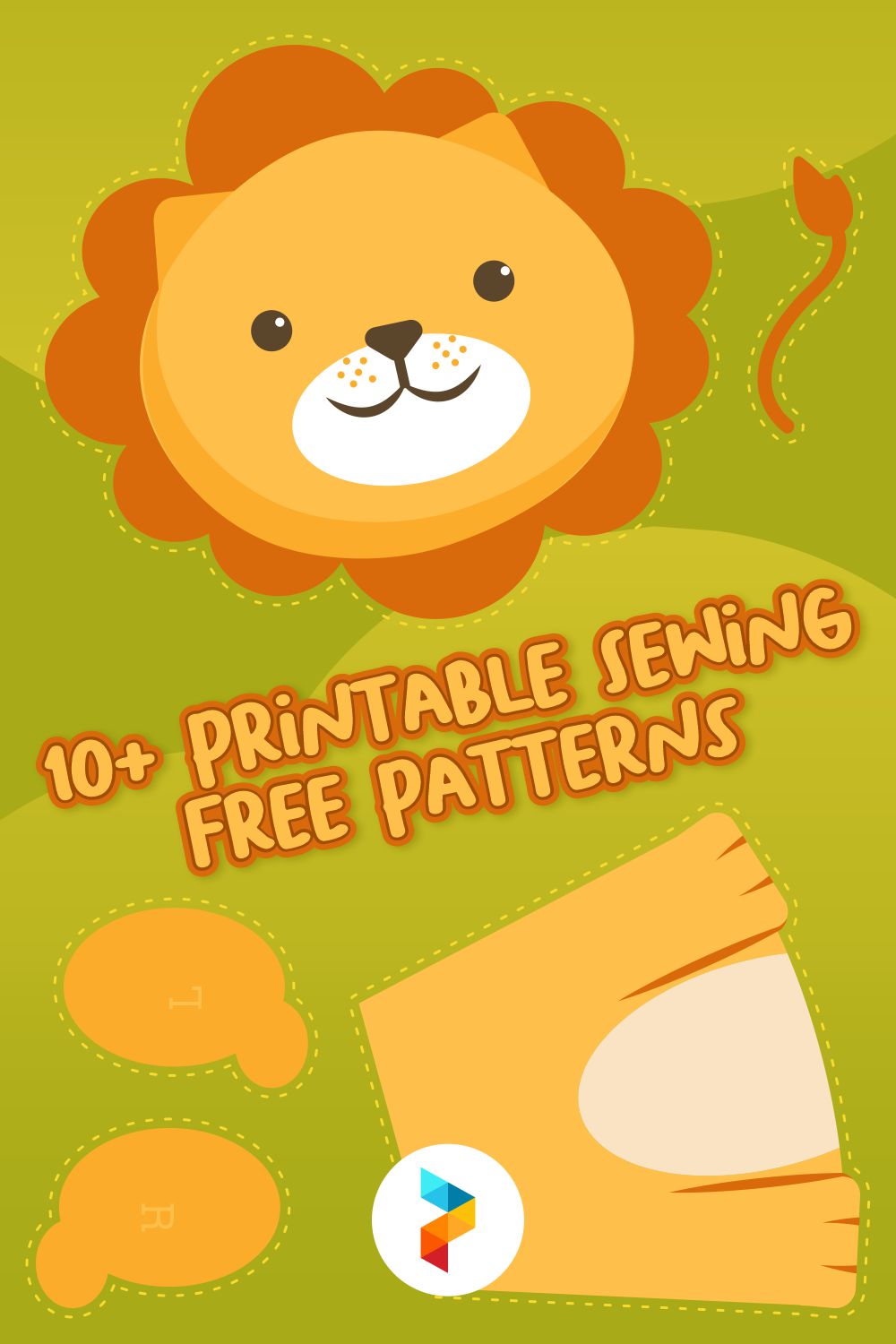
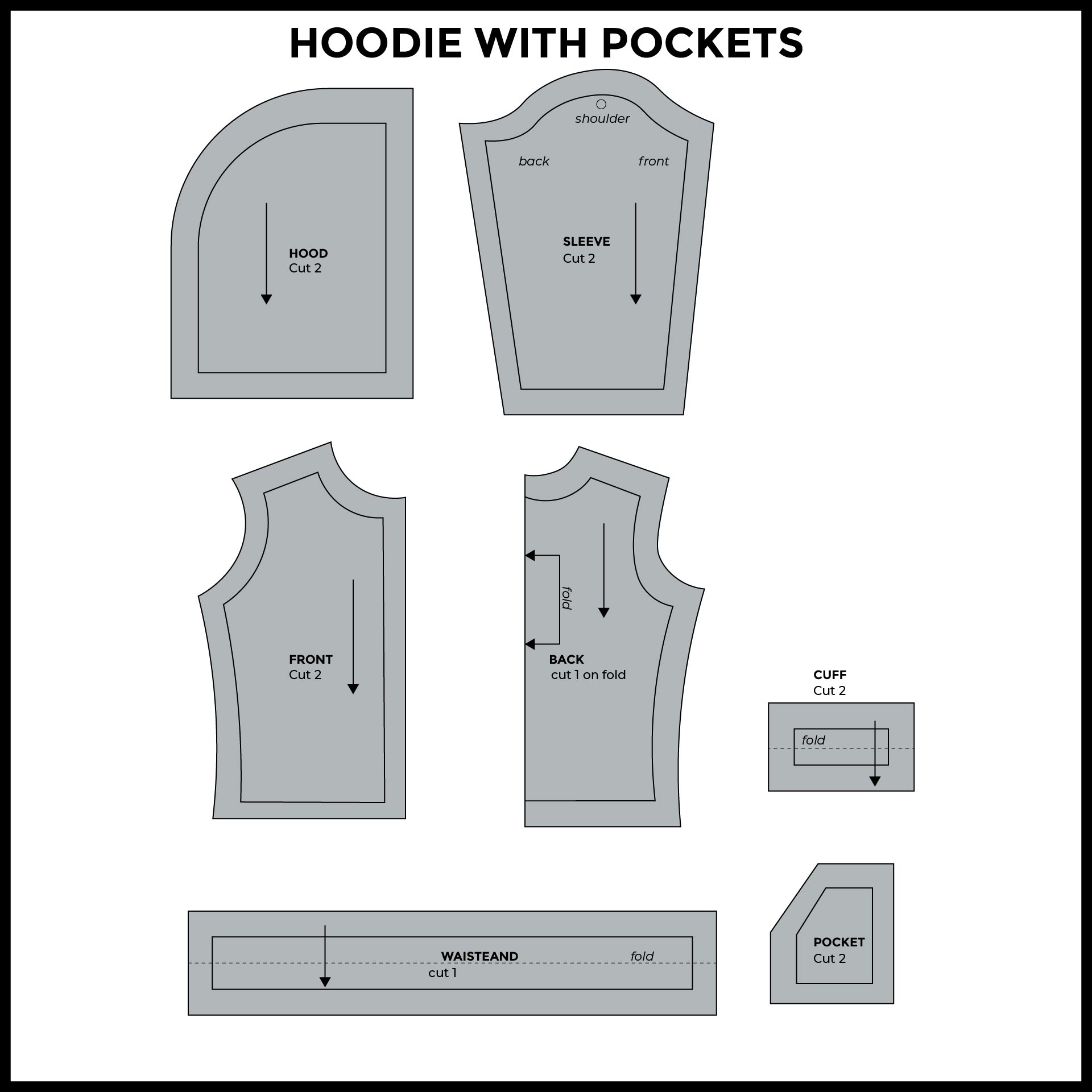
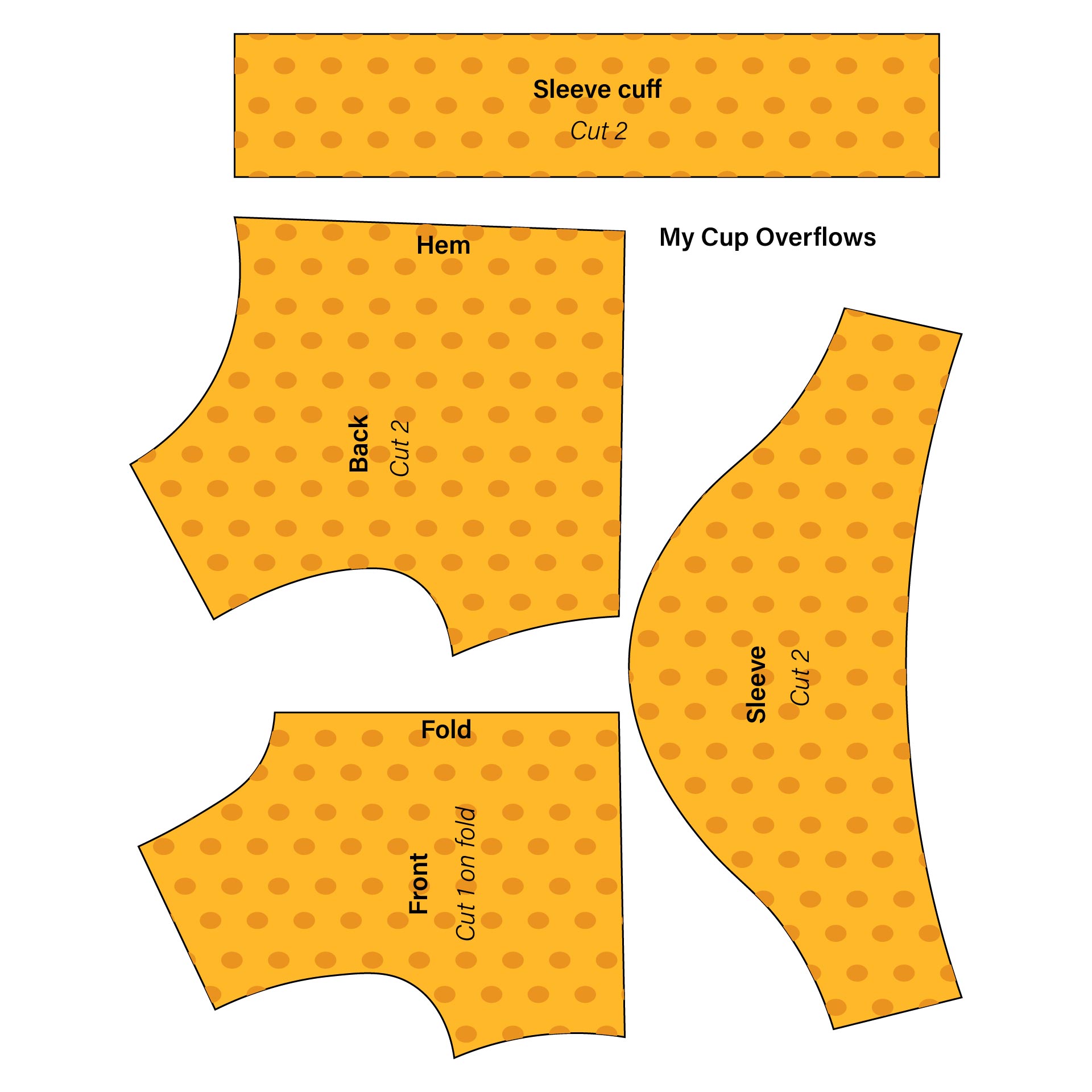

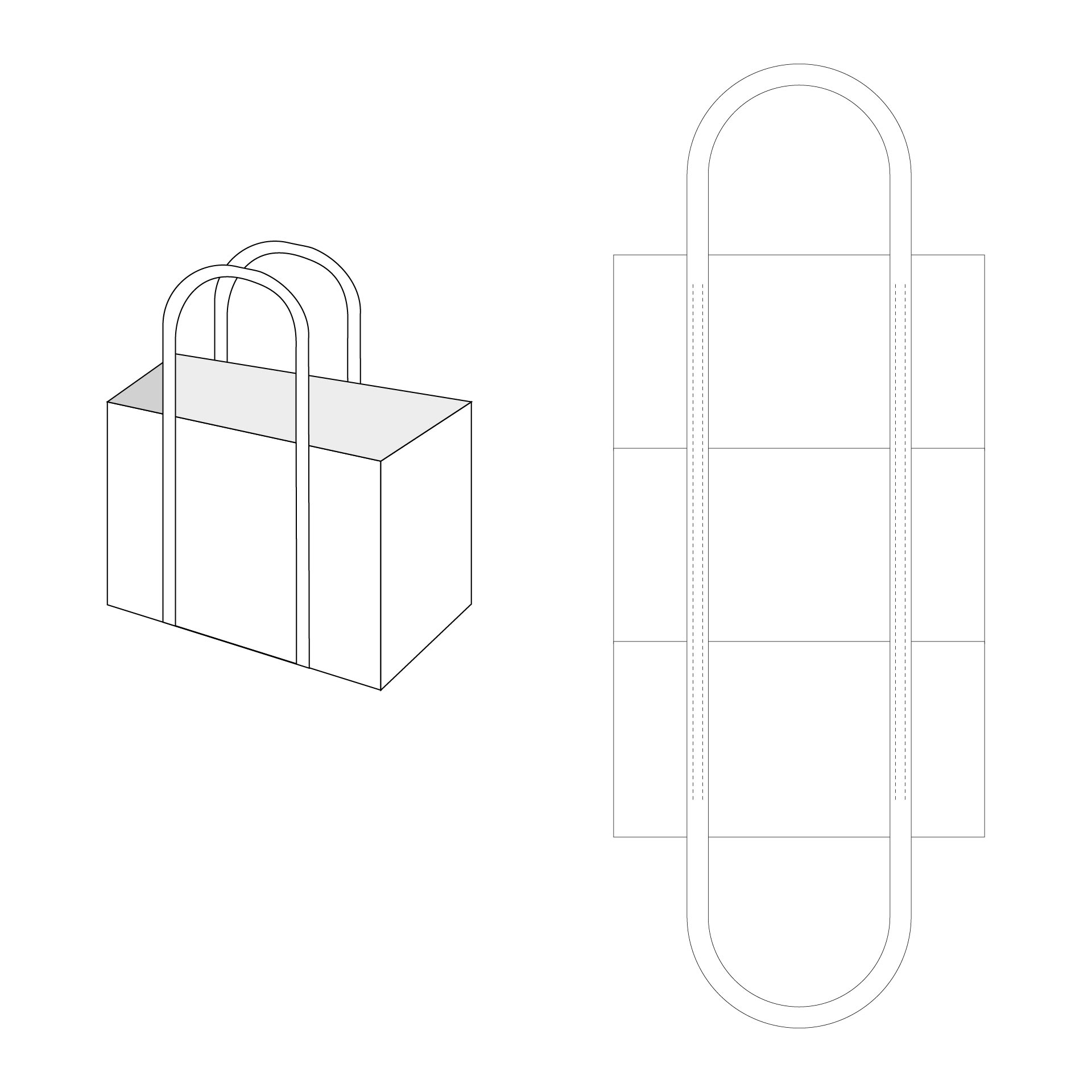
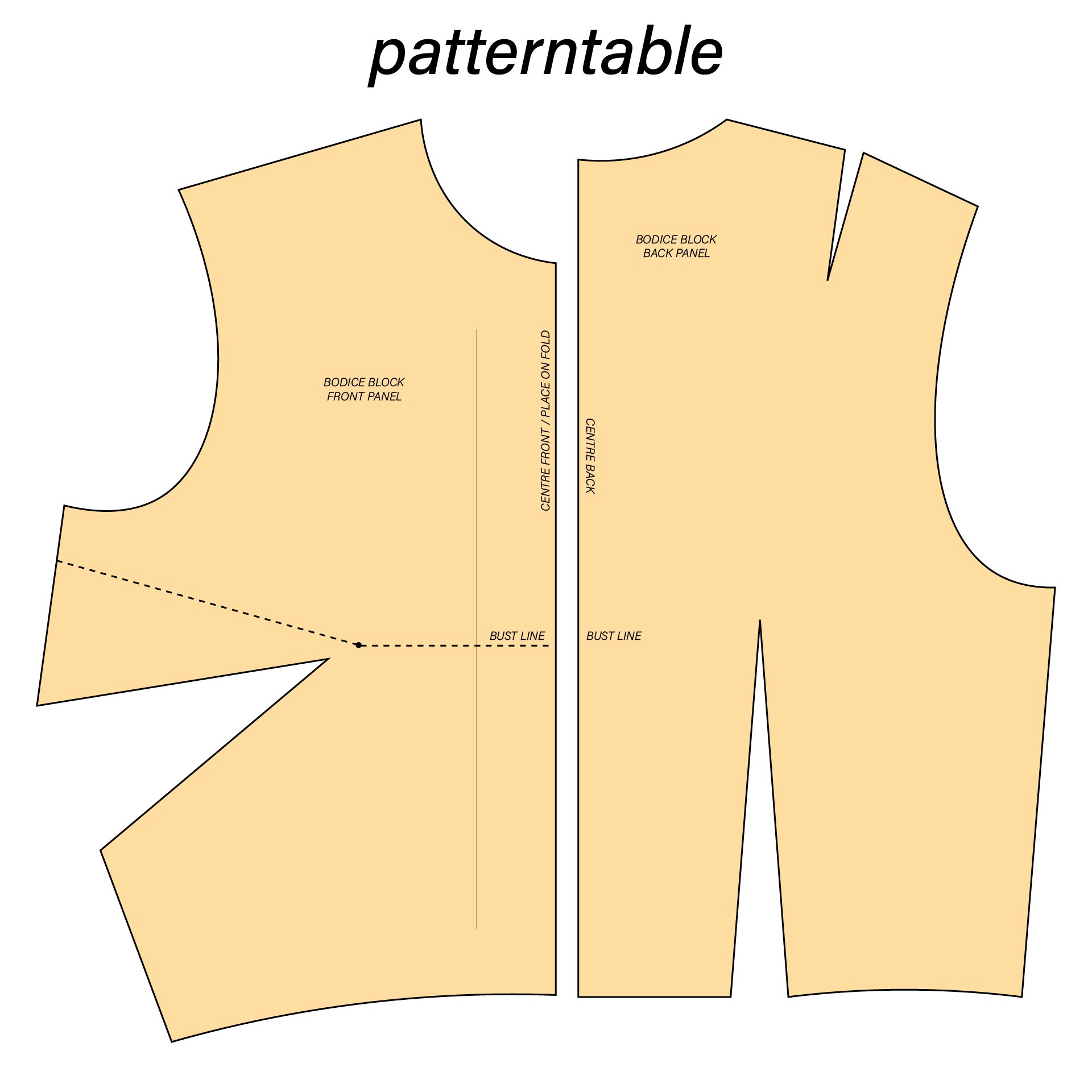
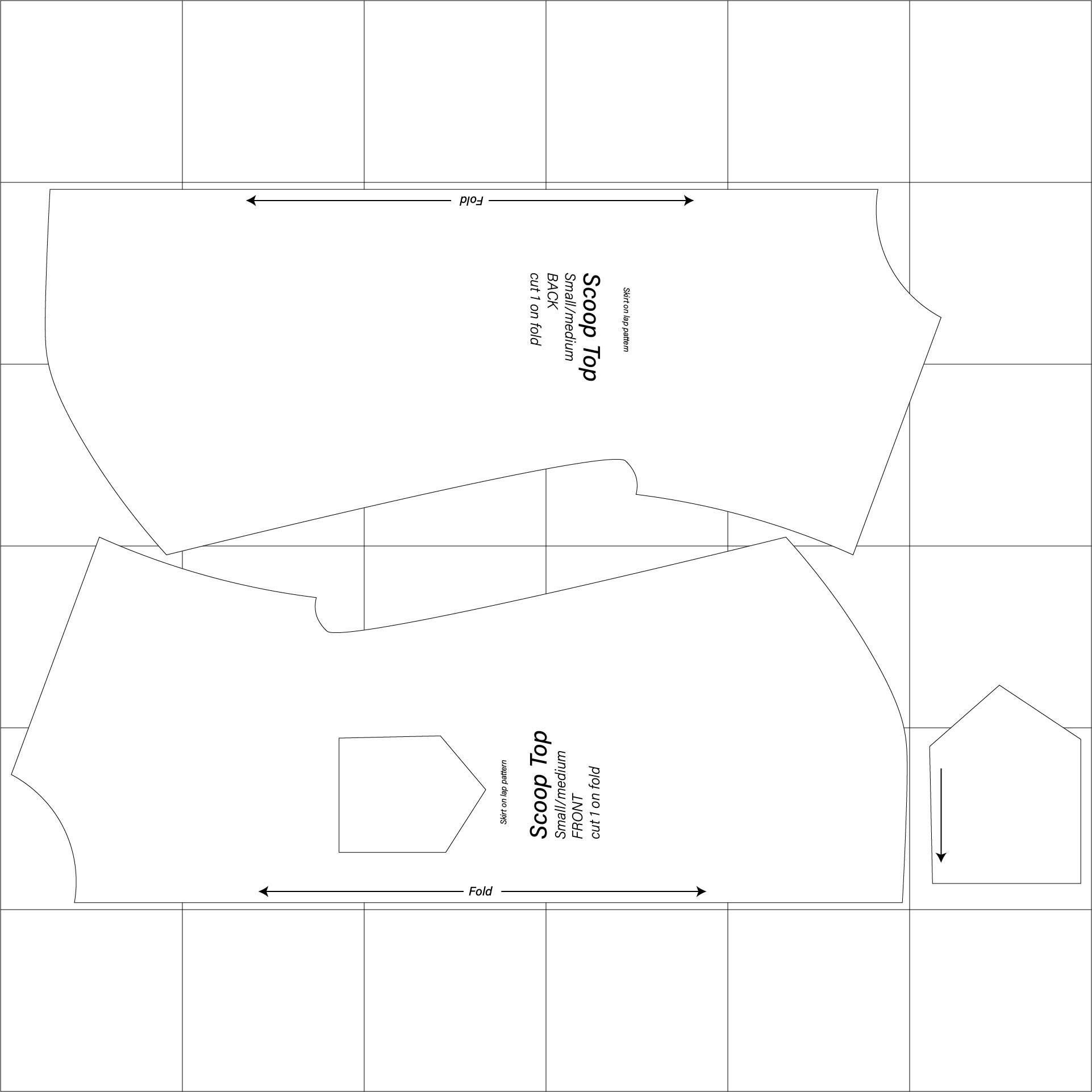
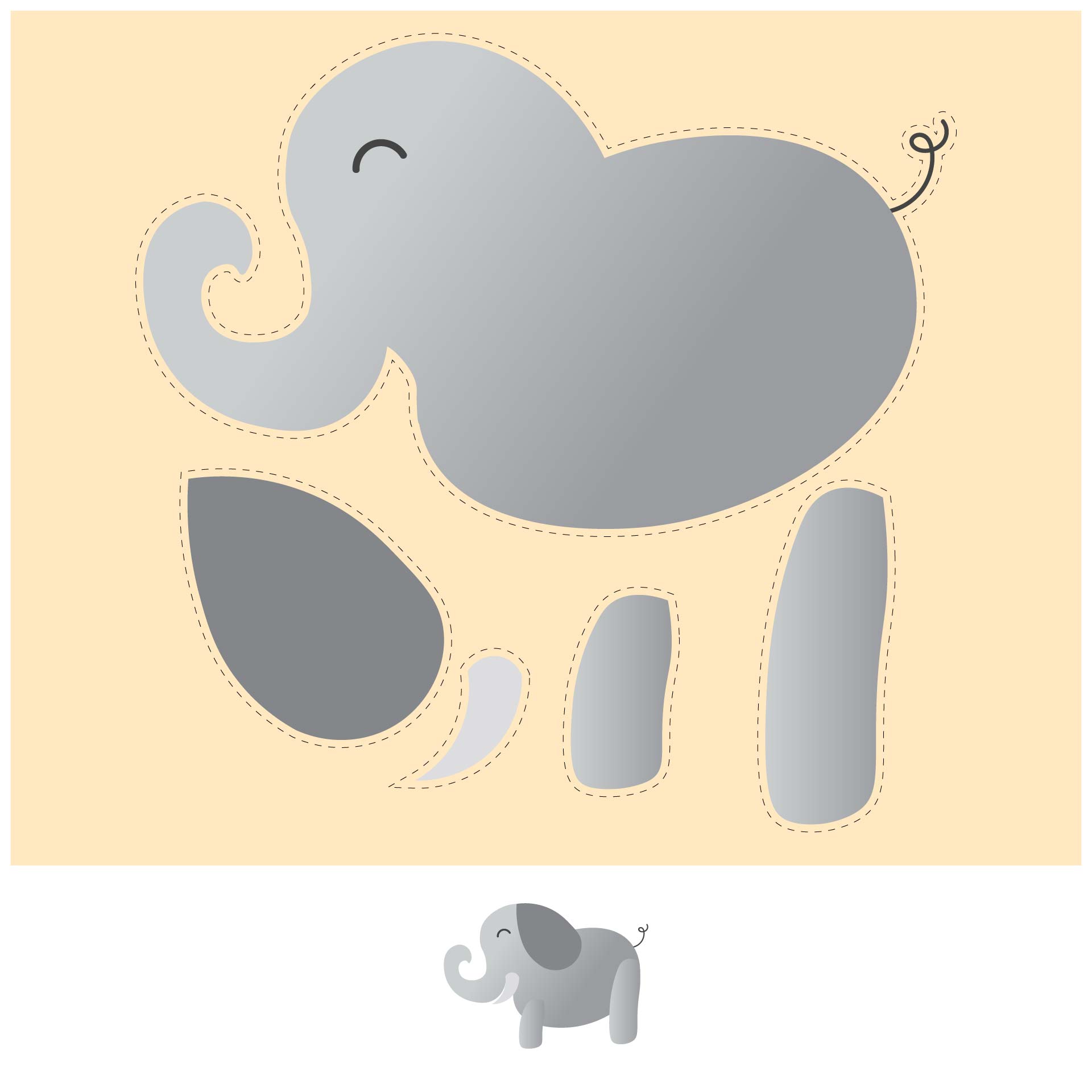
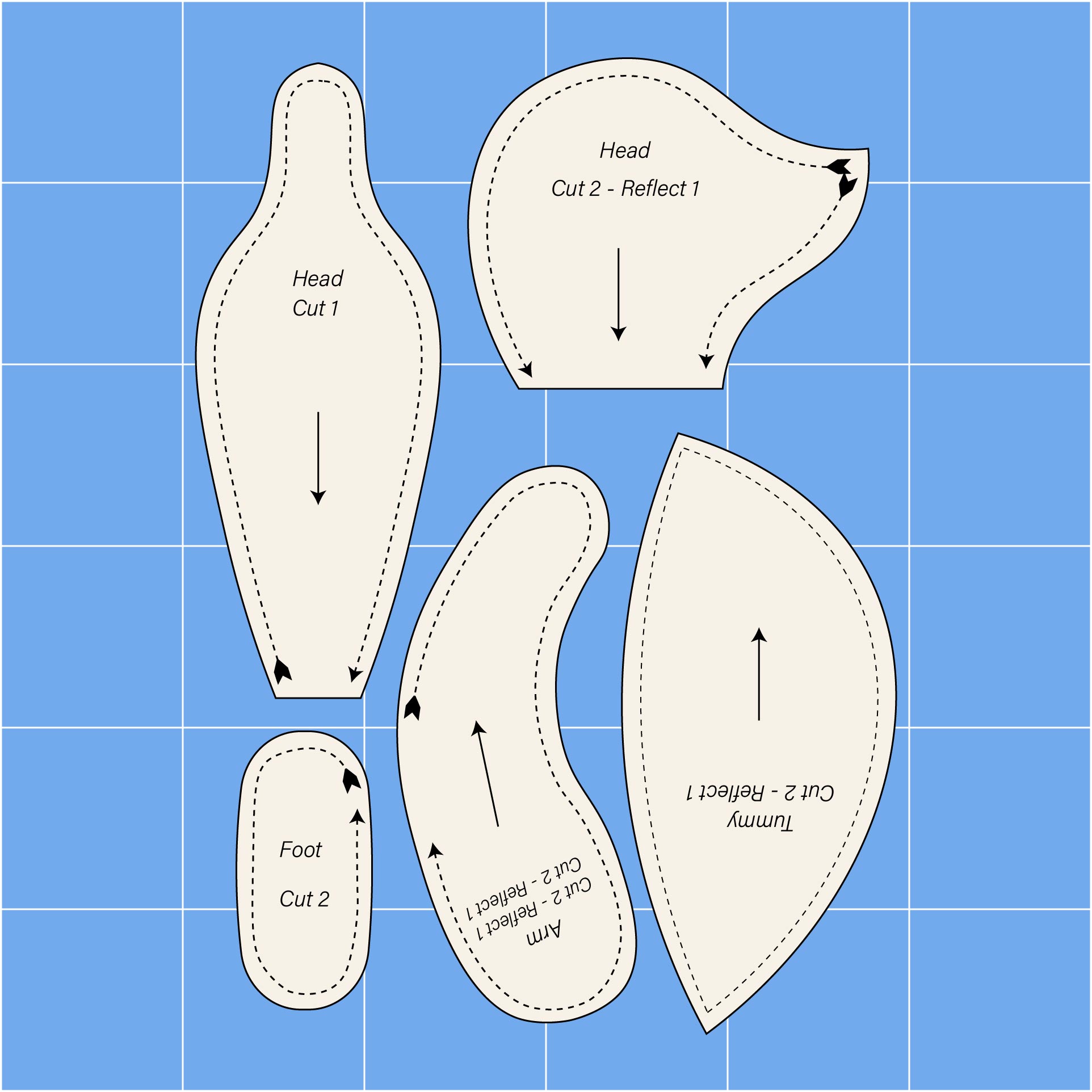
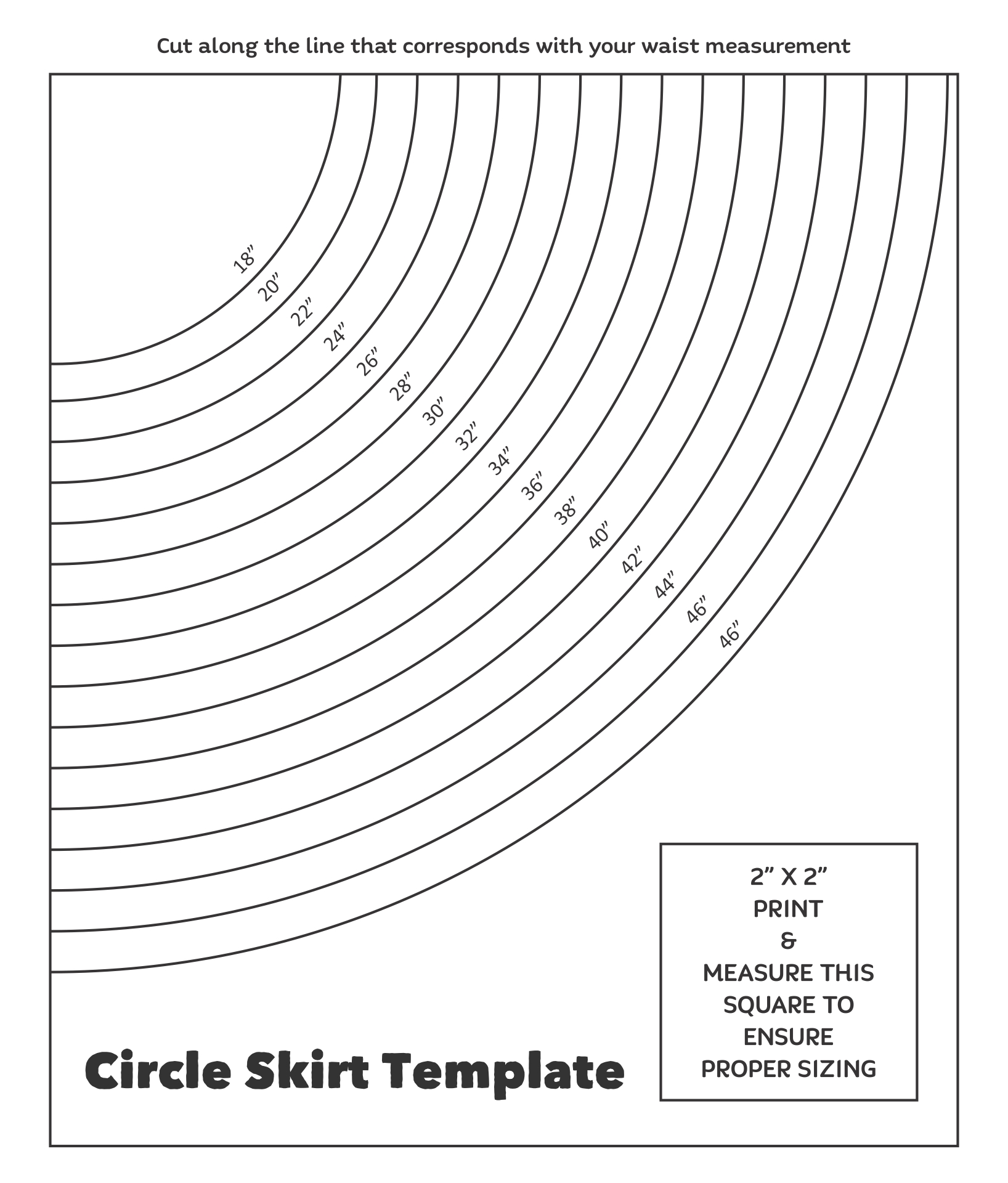
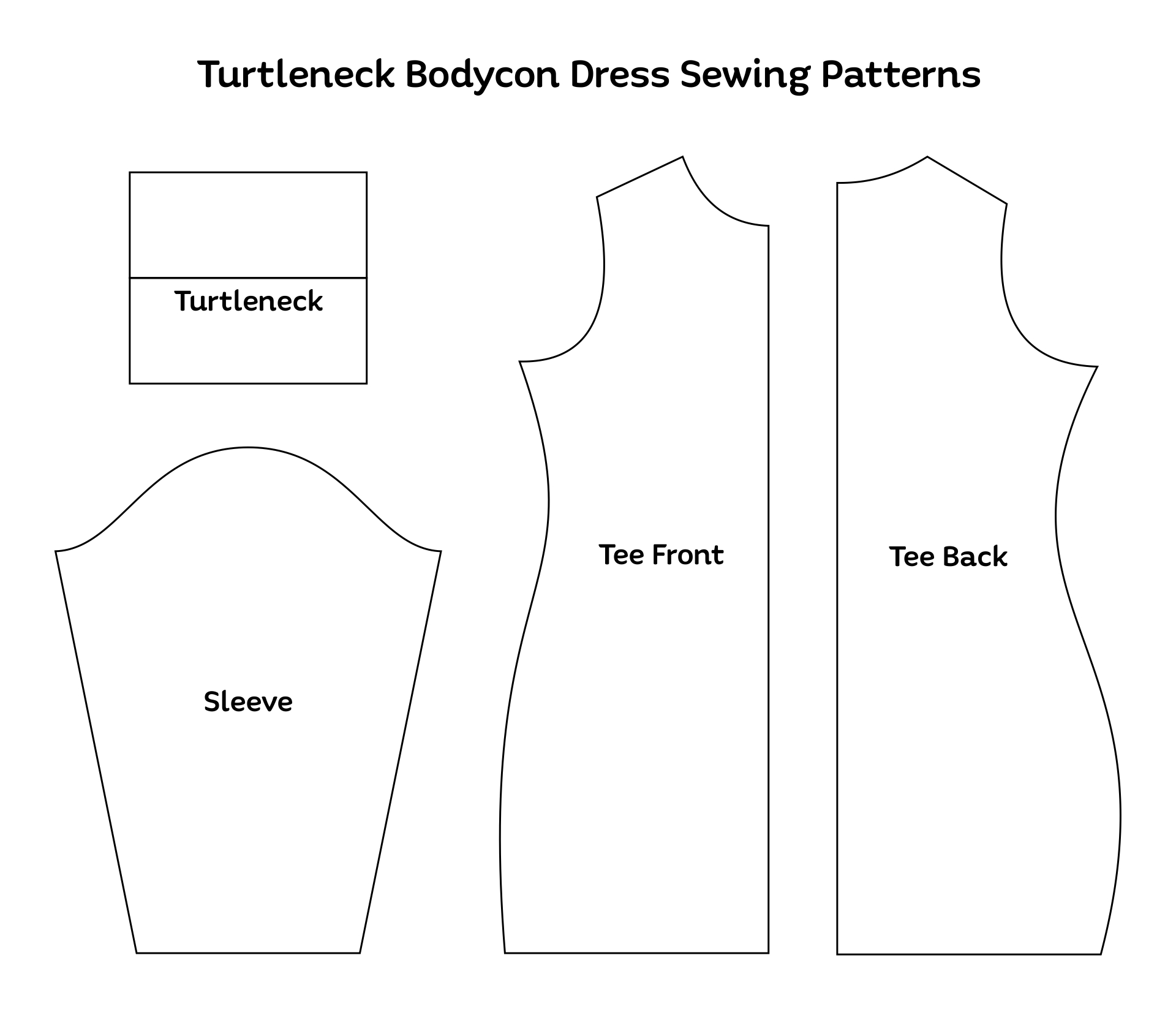
Sewing patterns are the 2D garment template that help the sewers to assemble, build, and design their works. Some people even state that sewing patterns are the backbone or the crucial element that will decide how a clothes is gonna be made. Hence, many sewers are utilizing these sewing patterns.
The printable sewing patterns also have many perks that excites and helps the wrong enthusiast. It is understandable, because the sewers can use these templates for various things, from guidance for their sewing to practice medium. These summarize the perks and versatility of these sewing patterns.
The sole purpose of the sewing patterns is as a sewing guide. These patterns will help the sewers when they design and make their clothes, as these templates are usually completed with necessary parts’ pattern and all the needed and crucial information. This will be helpful, especially for the beginner sewers.
Do you know that using the sewing patterns will enable you to make clothes in any size? Through their book, Ellen McKinney and Bingyue Wei stated that the concept of making sewing patterns is to help people to adjust the size and styles of the clothes based on each personal preference. Hence, you can use the available sewing pattern on this page as you want.
Starting something new is always nerve wracking, especially when it is something that we are not really familiar with. Sewing clothes by yourself might be one of the activities that got you like this. That is why, you can use the sewing pattern printable to help you.
For the beginner sewers, choosing the simple sewing patterns is the wisest choice. As you slowly adapt to the simple patterns, you can level up and try the more advanced ones. With regular practice, you will see the progress of your work starts improving. When you are pro enough, you can even start to make your own sewing patterns!
Even though the sewing patterns are simple and helpful enough for you, there are some tips you might want to follow. These tips will help you to minimize the possible mistakes. Understanding them will also allow you to custom the clothes that you want.
Accurate measurement is essential in making clothes. Use a proper and flexible tape measure when you measure the body. Check with the size chart from the sewing patterns to ensure the correct size of clothes you will make. A mistake in this step can lead to a wasted material, which is not really wise for the environment.
Whenever you receive the sewing pattern guide, please always read the attached directions slowly. When you find information you don’t understand, you can make sure on the internet. It is essential to always read the direction carefully, as it will determine the result of the work.
Pay attention to your sewing pattern to know whether they include seam allowances in the pattern or not. Seam allowance is a part of the clothes between the stitching and the edge of the garment. If the pattern does not state any information about seam allowances, you should decide it based on what you need.
Sometimes, some sewing patterns put some symbols on their patterns, each of these symbols obviously has meaning that you should understand to avoid mistakes. For example, the triangles (notches) will help you make an accurate cut on your garment. Meanwhile symbols such as dots or circles will guide you to line up the patterns’ pieces.
Have something to tell us?
Recent Comments
Printable images of sewing free patterns allow for easy access and convenience, enabling individuals to quickly and effortlessly create beautiful garments and crafts.
I really appreciate the convenience and variety of these printable sewing free patterns. They provide endless possibilities for my creative projects!
Printable sewing free patterns are a convenient and cost-effective way to enhance your sewing skills, providing step-by-step guidance and allowing you to explore endless creative possibilities without breaking the bank.